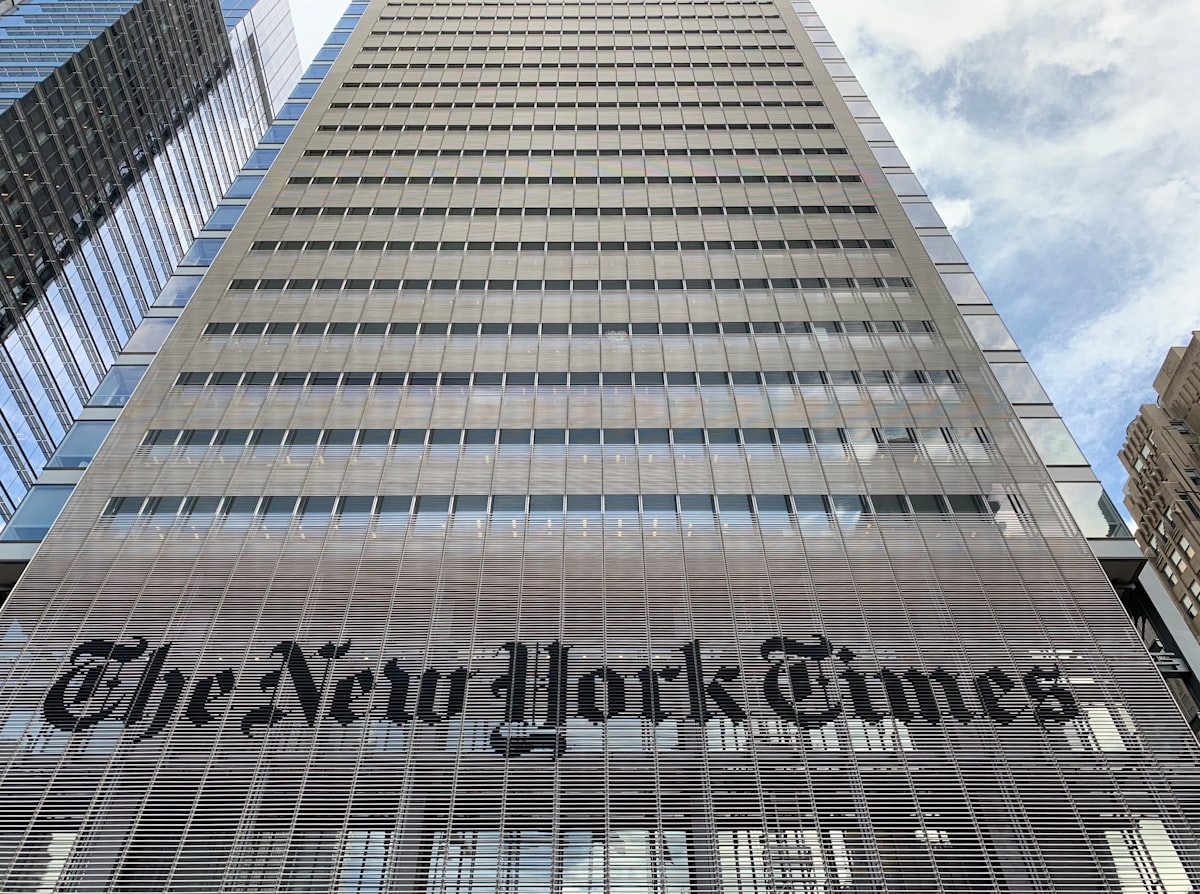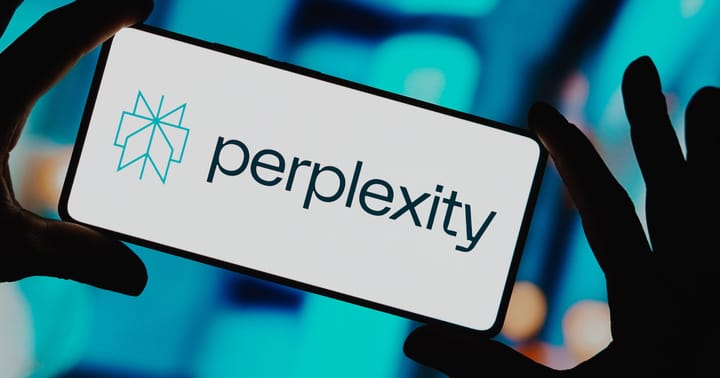New York Times Sues OpenAI and Microsoft Over Copyrighted Content
The Times seeks significant, but as yet unspecified, damages for the alleged infringement, potentially reaching into the billions of dollars.

In a move that could reshape the landscape of artificial intelligence and intellectual property, The New York Times has filed a lawsuit against OpenAI and Microsoft, accusing them of using millions of its articles without permission to train chatbot software. This is the first major legal action of its kind taken by a major media organization against an AI company, and it raises critical questions about fair use, copyright law, and the ethical use of content in the digital age.
The lawsuit, filed in Manhattan federal court, alleges that OpenAI, creator of the popular ChatGPT platform, and Microsoft, a key investor in OpenAI and developer of its own AI tool Copilot, have infringed upon The Times' copyrighted content. The complaint specifically claims that the companies used vast swathes of Times articles without permission to train their chatbots, essentially capitalizing on the newspaper's substantial investment in quality journalism.
"Defendants have built their empires on the backs of others' copyrighted creations," argues the Times in its complaint. "They seek to replace The Times and its fellow creators, not join them."
The Times seeks significant, but as yet unspecified, damages for the alleged infringement, potentially reaching into the billions of dollars. Furthermore, it demands the destruction of any chatbot models and training sets containing its copyrighted material.
OpenAI and Microsoft have defended their actions, claiming that utilizing copyrighted material for AI training falls under the legal doctrine of "fair use." However, The Times vehemently disagrees, arguing that the sheer volume and specific nature of its content used by the tech giants constitutes a blatant disregard for intellectual property rights.
This lawsuit comes after failed negotiations between The Times and the defendants, highlighting the escalating tensions between media giants and AI companies over content ownership and usage. Notably, a group of renowned authors, including David Baldacci and Jonathan Franzen, have also filed suit against OpenAI and Microsoft, raising similar concerns about the potential infringement of literary works in AI training.




